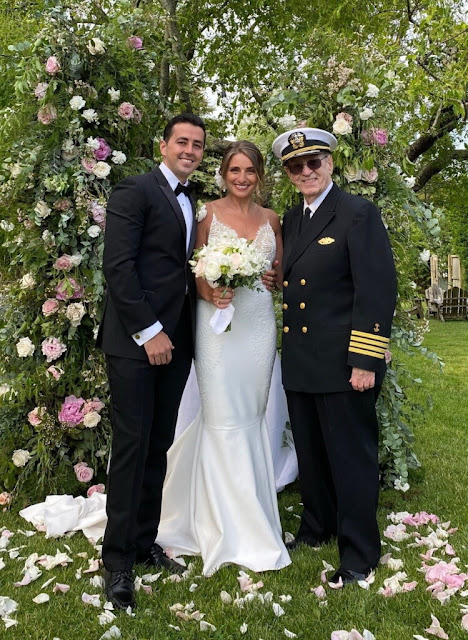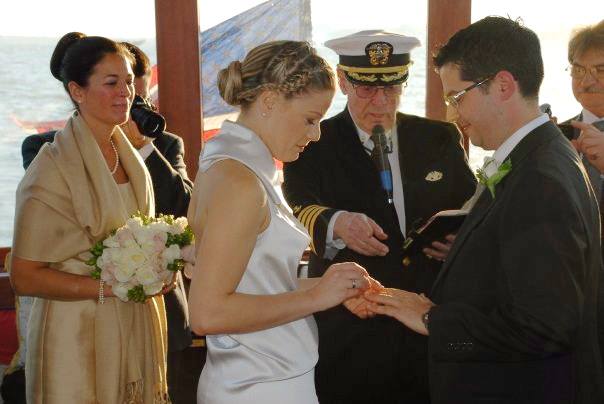How to Deal with the Name Change After Marriage with Wedding Officiant NJ

Couples follow a common practice to change their names to match their new spouse as a mark of love. However, changing the name is a legal process as it is getting married in a marriage officiated by a wedding officiant NJ . Your New Jersey wedding officiant apart from performing wedding rituals also signs the wedding license to legalize your wedding. Once the legal aspect is cleared, you are ready to apply for your name change. However, you might be wondering what will happen after the name change. Will I need to change my email id. as well? Or is my passport still valid with a new name? We have come up with the answers to these pressing questions. Different states have different rules In the US, there are different rules in different states regarding changing names. However, marriage has become a valid reason for name change in each state and have enough resources in every state to initiate the process. Besides, your name change will have no bearing on the validity of your ema
